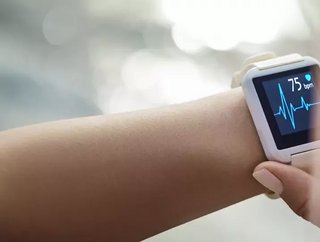
Vivalink is a provider of connected healthcare solutions for in-hospital, ambulatory, and remote patient monitoring. The company’s portfolio includes wearable medical sensors and an IoHT platform designed to continuously monitor patient vitals and biometrics in real-time or for retrospective analysis.
Vivalink's vision is to improve the quality and accessibility of healthcare worldwide by combining technology, data, and analytics into an integrated solution.
To learn more about the company, we spoke to its CEO, Jiang Li.
Why are your wearable sensors and Biometrics Data Platform important?
Traditional patient care has largely been restricted to clinical settings such as a hospital. Once patients leave the clinical environment, patient care largely defaults to patient self-reported symptoms and becomes reactionary.
Vivalink’s Biometrics Data Platform enables the healthcare industry to bring medical-grade patient monitoring and care to the home and virtually any remote setting - which significantly reduces the cost of care, and at the same time increases access to populations who otherwise may not receive care.
How does Vivalink expand access to care?
The Biometrics Data Platform consists of medical-grade wearables and an IoT data service that can continuously monitor human vitals, which are fundamental to nearly all patient care applications. The platform does this by allowing the patient to continue everyday routines at home and remotely sends the data over wireless networks for clinical analysis.
Because Vivalink’s medical wearables are reusable and easy to use, the solution can be cost-effective and allows patients to self-apply without necessarily the presence of a clinician.
In what other ways do you think your technology can support healthcare?
It is important to recognise that technology does not replace the clinician, but rather it supplements and makes more efficient the delivery of care to a larger population around the world. Healthcare technology also has the ability to democratise care to those who otherwise can’t afford it, or to those who simply live in rural environments without easy access.
Closely related is the pharmaceutical industry where drug development relies on clinical trials that involve patients. Similar to the healthcare environment, most trials require patients to be in a clinical setting. By using medical wearables and an IoT data service, trials can be conducted remotely and in a decentralised fashion.






